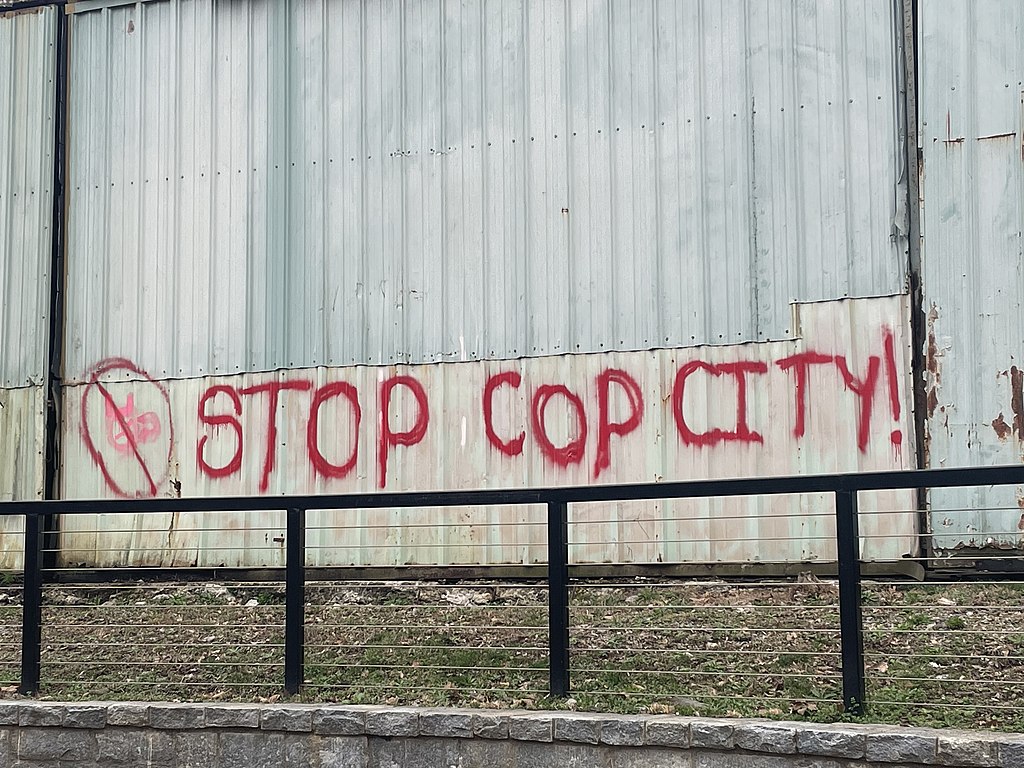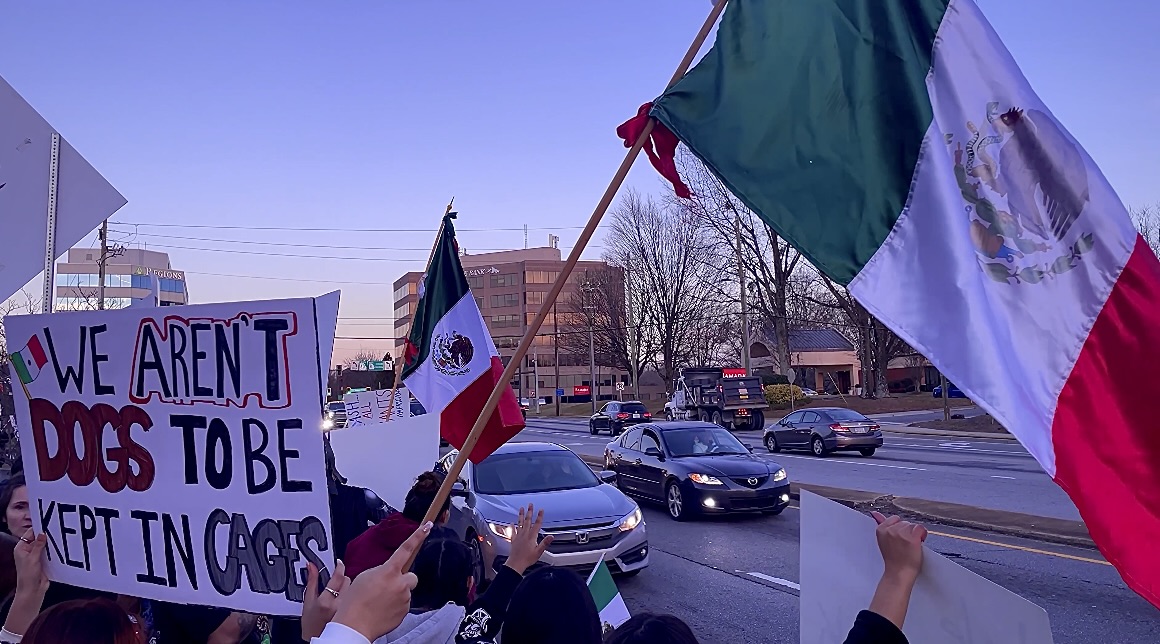The American bail system has faced increasing criticism for its inequitable treatment of marginalized communities and penalizing poverty by incarcerating those unable to afford bail. This perpetuates a cycle of imprisonment rooted in economic disparity while also enabling those with financial means to buy their way out of incarceration and further widening social and economic inequalities. The ramifications of this flawed system extend beyond mere inequality posing a significant threat to civil liberties and serving as a tool for an accelerating police state.
The U.S. Commission on Civil Rights released a report highlighting the significant increase in pre-trial detentions with a 433% rise between 1970 and 2015. More than 60% of defendants are detained in pre-trial due to an inability to afford bail, leading to detrimental consequences such as an increased likelihood of conviction and housing insecurity.
The Georgia State Senate passed legislation on Thursday adding dozens of offenses to the list of charges requiring cash bail to secure release. The passage of SB63 by a 30-17 vote in the Republican-dominated state senate arrives as three activists with the Atlanta Solidarity Fund face state-level racketeering and charity fraud charges. The charges are connected with the prosecution of dozens of protesters against “Cop City,” an Atlanta project to build a police training facility.
While proponents of the bill argue for its necessity in ensuring public safety, critics warn of its potential to weaponize the state by capping the number of cash bonds that can be posted per year by these nonprofits. SB63 adds 30 additional charges ineligible for unsecured judicial releases, including charges commonly associated with protesting and essentially conflating activism with criminality. The bill not only undermines the fundamental right to protest but also punishes political dissent without due process.
The legislation also imposes stringent regulations on such nonprofits, requiring them to register as professional bail bondsmen and prohibiting them from recommending defense attorneys to clients. Such provisions not only impede the work of these nonprofits but undermine access to legal representation which is a fundamental aspect of due process.
The targeting of bail funds in Georgia is not an isolated incident but part of a broader trend of legislative attacks on these organizations nationwide. Similar bills have been introduced across America, like the Bowser-Pinto Plan in DC, at curtailing the success of bail funds nonprofits and suppressing community solidarity. By targeting nonprofit organizations, the state can effectively silence voices of dissent and undermine movements for social justice. These organizations play a vital role in supporting individuals trapped in the cycle of poverty and incarceration while offering lifelines to those who cannot afford bail.
By imposing more stringent regulations and penalties on nonprofit organizations involved in bail funds, the state effectively discourages any form of opposition while stifling free speech and political activism.
“SB63 exposes that the loophole is not an accident, it’s the intended purpose of the bail system. Police, prosecutors and politicians want a bail system which allows them to punish their political enemies, poor people and people of color without trial.”-Marlon Kautz, Atlanta Solidarity Fund
The targeting of these nonprofit organizations sets a dangerous precedent for the future of civil liberties in America. By conflating humanitarian efforts with criminal activity, the state sends a message to those who dare to challenge its authority. It is imperative to resist such measures and fight for a more just and equitable legal system that upholds the rights and dignity of all individuals, regardless of their socio-economic status or political beliefs.




























